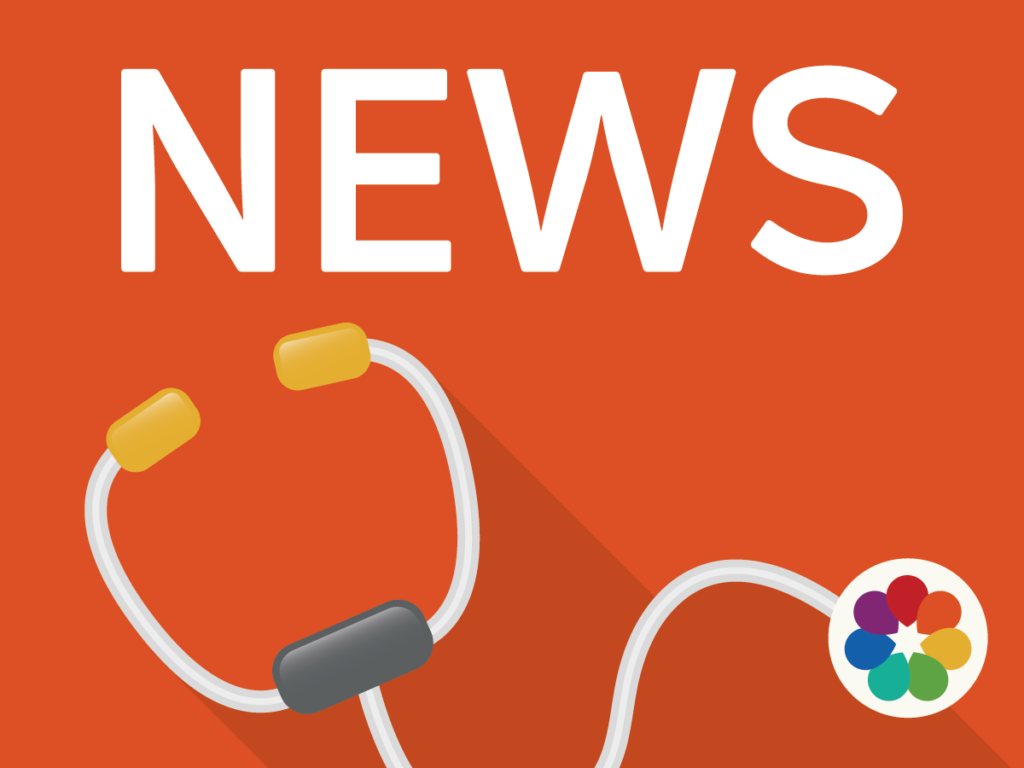Handwashing is the key to containing the Covid-19 virus, the government said yesterday. It stressed the improved public hygiene could slow the spread of infection, helping to move the outbreak to summer months.
As it announced its action plan yesterday its worst case scenarios suggested that up to 80% of the population could be infected and 20% of workers could be off sick at any one time. The plans set out proposals for this extreme situation, warning that many treatments would have to be delayed and priority given to the sickest patients.
The government is still considering further measures to delay spread of the disease, such as banning large gatherings or closing schools.
World Health Organisation figures yesterday suggested the pandemic getting a grip, with deaths in Italy and Iran increasing and local transmission reported in countries such as Lebanon and Greece.WHO said it was particularly concerned about the Eastern Mediterranean.
Andorra, Jordan, Latvia, Morocco, Portugal, Saudi Arabia, Senegal and Tunisia reported their first cases. Worldwide the number of cases outside China passed 10,000, increasing by 1,792 with 38 new deaths, but in China just 130 new cases and 31 additional deaths were reported.
Senior doctors continued to question the ability of the NHS to cope with a major outbreak, warning that the retired doctors the government intends to recruit could be among the most vulnerable staff to disease.
Dr Helene McKeown, the British Medical Association’s chief officer, said: “We also know that the NHS is vastly understaffed and the suggestion of bringing retired health workers back needs serious scrutiny. While some recently retired doctors may be able and willing to return to assist where they can, much will depend on what they are being asked to do. The wellbeing of these retired doctors, many of whom will be older themselves, must also be prioritised – they should not be putting their own health at risk by returning to work.”
Dr Rinesh Parmar, chair of the Doctors’ Association UK, said: “Although the return to practice of retired colleagues may at the outset seem to be a good idea, many of these clinicians are in the cohort most likely to be affected by coronavirus. Others may have been forced to retire early as a result of the government’s punitive pensions taxation policy which still remains unresolved.
“Whilst the government acknowledges that difficult decisions that have to be made, our doctors on the NHS front line will be faced with having to make incredibly difficult decisions on the rationing of limited resources.
Although doctors are accustomed to making critical life or death decisions, the increasing severity of an outbreak may force doctors to cancel operations and outpatient clinics to prioritise those requiring lifesaving treatment.”
Health secretary Matt Hancock told MPs yesterday: “Contain is about detecting the early cases, following up with close contacts, and preventing the disease from taking hold in this country for as long as is reasonably possible.
“This approach also buys time for the NHS to ramp up its preparations.If the number of global cases continues to rise ? especially in Europe ? the scientific advice is that we may not be able to contain this virus indefinitely.
“At that point we will activate the delay phase of our plan.Delay is about slowing the spread, lowering the peak impact of the disease and pushing it away from the winter season.”
England chief medical officer Professor Chris Whitty said: “The measures outlined in the plan are based on the best available scientific evidence – and led by our world-leading infectious disease experts. Simple as it sounds, the single most important thing individuals can do to protect themselves right now is wash their hands regularly, for at least 20 seconds, with soap and water.”
The NHS Confederation said there were signs of a “major surge” in calls to NHS 111, suggesting the public had understood the message that they should call for advice before visiting surgeries or hospitals.
Chief executive Niall Dickson said: “We all understand that as the virus spreads, we will need to flex NHS resources to the demand. This is likely to mean that where clinicians believe we can safely defer routine operations and treatment, the service will do so. Containment and delay are also vital because there should be some respite as the normal winter infectious diseases ease off when the warmer weather arrives. But we should be in no doubt about the intense pressures on all parts of the service.
“We just need to remember that when it needs to, the NHS is able to adapt, deploy its amazing staff in different ways and adjust its priorities – and that can mean selecting those in greatest need and making their care the priority.”





0 Comments